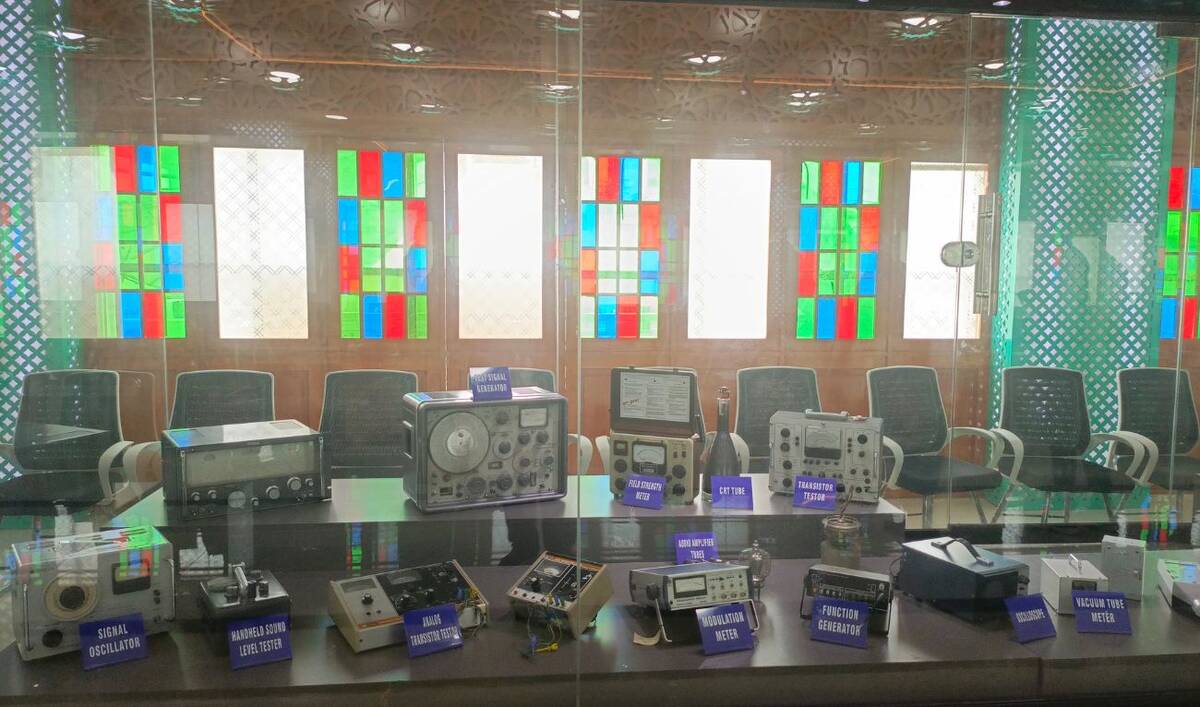ISLAMABAD: The Pakistan Tehreek-e-Insaf (PTI) party of former Prime Minister Imran Khan said on Monday a judge hearing the case of a £190 million settlement with a property tycoon had denied further physical remand of the ex-premier, a move that could lead to bail.
Government officials allege Khan and his wife received land worth millions of dollars as a bribe from a real estate tycoon through the Al-Qadir Trust, a non-governmental welfare organization set up by Bushra Watto, Khan’s third wife, and Khan in 2018 when he was still in office. The trust runs a university outside Islamabad devoted to spirituality and Islamic teachings, a project inspired by the former first lady, who is also commonly known as Bushra Bibi and has a reputation as a spiritual healer.
Khan and his aides have denied any wrongdoing in the case. The developer has also denied the charges.
“Reference Alqadir Trust Case: Judge has denied further physical remand of Chairman PTI Imran Khan who was arrested November 13 on the case and was under remand since then,” the PTI said in a text message to reporters.
“Denying request for physical remand in this case can lead to bail in this yet another bogus case, the legal team shall apply, shortly.”
Last week, the government approved a jail trial of Khan in the case.
In May, the then government of PM Shehbaz Sharif had said the Al-Qadir trust was a front for Khan to receive valuable land as a bribe from a real estate developer, Malik Riaz Hussain, who is one of Pakistan’s richest and most powerful businessmen.
The trust has nearly 60 acres of land worth over $24 million and another large piece of land in Islamabad close to Khan’s hilltop home, the then interior minister said at a press conference on May 11, the same day Khan was briefly arrested in the case. He was released on bail days later.
The 60-acre piece of land in Punjab state’s Jhelum district is the official site of the university but very little has been built there.
Then Information Minister Marriyum Aurangzeb also raised questions about donations given for operations of the under-construction institution.
“The trust received 180 million rupee ($635,144.67) for operational expenses, but records showed only 8.52 million rupees” on the books, she said in a statement issued on May 12.
The government said the scheme originated with 190 million pounds repatriated to Pakistan in 2019 by Britain after Hussain forfeited cash and assets to settle a British probe into whether they were proceeds of crime.
It said instead of putting it in Pakistan’s treasury, Khan’s government used the money to pay fines levied by a court against Hussain for illegal acquisition of government lands at below-market value for development in Karachi.
The interior minister alleged Hussain gave the land in Jhelum and Islamabad to Al-Qadir Trust in exchange for that favor.


















